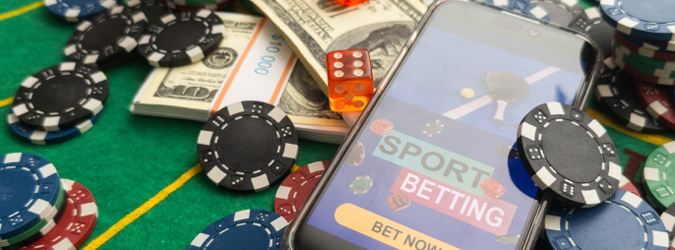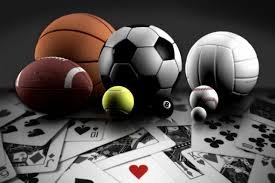
How to Increase Your Poker Game
Whether you’re a casual player or aspiring to become a professional, there are always ways to improve your game. In this article, we will delve deep into the strategies and techniques necessary for enhancing your poker skills. You will find insights on player psychology, tips for managing your bankroll, and the importance of studying your opponents. Also, don’t forget to check out How to increase your poker kto bet for more resources!
Understanding the Basics
Before we delve into advanced strategies, it’s crucial to have a solid understanding of the basic rules and mechanics of poker. Familiarize yourself with different types of poker games, hand rankings, and game structures such as no-limit, pot-limit, and fixed-limit games. A strong foundation will make it easier to develop your skills further.
Mastering the Mathematics of Poker
Math is an essential aspect of poker. Understanding pot odds, expected value, and the concept of implied odds can greatly influence your decision-making process. Pot odds tell you if a call is profitable in the long run based on the size of the pot compared to the size of the bet you need to call. Expected value is the average return you can expect from a specific decision over time.
Bankroll Management
One of the most crucial factors in long-term poker success is proper bankroll management. Establishing a clear budget and sticking to it will help you avoid going broke. A common rule is to have at least 20 to 30 buy-ins for the stakes you are playing. This financial cushion allows you to absorb the inevitable downswings and helps keep your emotional state stable.

Understanding Opponents
Reading your opponents is an essential skill in poker that can greatly increase your chances of winning. Pay attention to their tendencies, how they play in different situations, and their betting patterns. Are they aggressive, passive, loose, or tight? Understanding their style will allow you to exploit their weaknesses effectively.
Position Matters
Position is one of the most critical factors in poker. The later your position, the more information you have about how your opponents are playing. This advantage allows you to make more informed decisions. Generally, you should play tighter in early positions and loosen up as you get closer to the dealer button.
Developing a Solid Strategy
Your overall strategy should be dynamic and adjust based on your opponents and the flow of the game. Consider employing a mixture of tight-aggressive play, which involves playing fewer hands but betting aggressively when you do play. This approach can capture more pots when you hit a strong hand without overextending yourself.
Utilizing Online Resources
In today’s digital age, there are countless resources available online to help improve your poker skills. Websites, forums, and training videos can provide valuable insights from experienced players. Additionally, joining poker communities can expose you to different strategies and help you learn from your peers.
Practice, Practice, Practice

The best way to increase your poker skills is through consistent practice. Consider playing in low-stakes games or free online poker tables to hone your skills without the pressure of losing significant money. Reviewing your hands and analyzing your decisions after each session will also help you improve over time.
Emotional Control
Poker is as much a mental game as it is a strategic one. Maintaining emotional control during play is crucial. Avoid going on “tilt,” which is a state of emotional frustration that can lead to poor decision-making. Develop techniques to stay calm and focused, such as taking breaks, practicing deep breathing, or reminding yourself of your strategy.
Advanced Concepts
Once you’ve mastered the basics, consider diving into advanced poker concepts such as bluffing, check-raising, and balancing your ranges. Each of these tactics can add depth to your game and create more opportunities to win pots against savvy opponents. Make sure to elaborate on your bluffing strategy—bluff in places where your opponent’s range can be weak, and avoid becoming predictable.
Continuous Improvement
The journey to becoming a great poker player is ongoing. Always seek to improve by analyzing your play, studying advanced strategies, and reflecting on your tournament or cash game experiences. Take feedback from peers or consider hiring a coach to further your education.
Conclusion
Improving your poker skills takes time, dedication, and the willingness to learn from both wins and losses. By focusing on the concepts discussed in this article—understanding the game, managing your bankroll, reading opponents, and executing a solid strategy—you will be well on your way to becoming a better poker player. Remember, the key is consistency and an open mind for growth. Good luck at the tables!